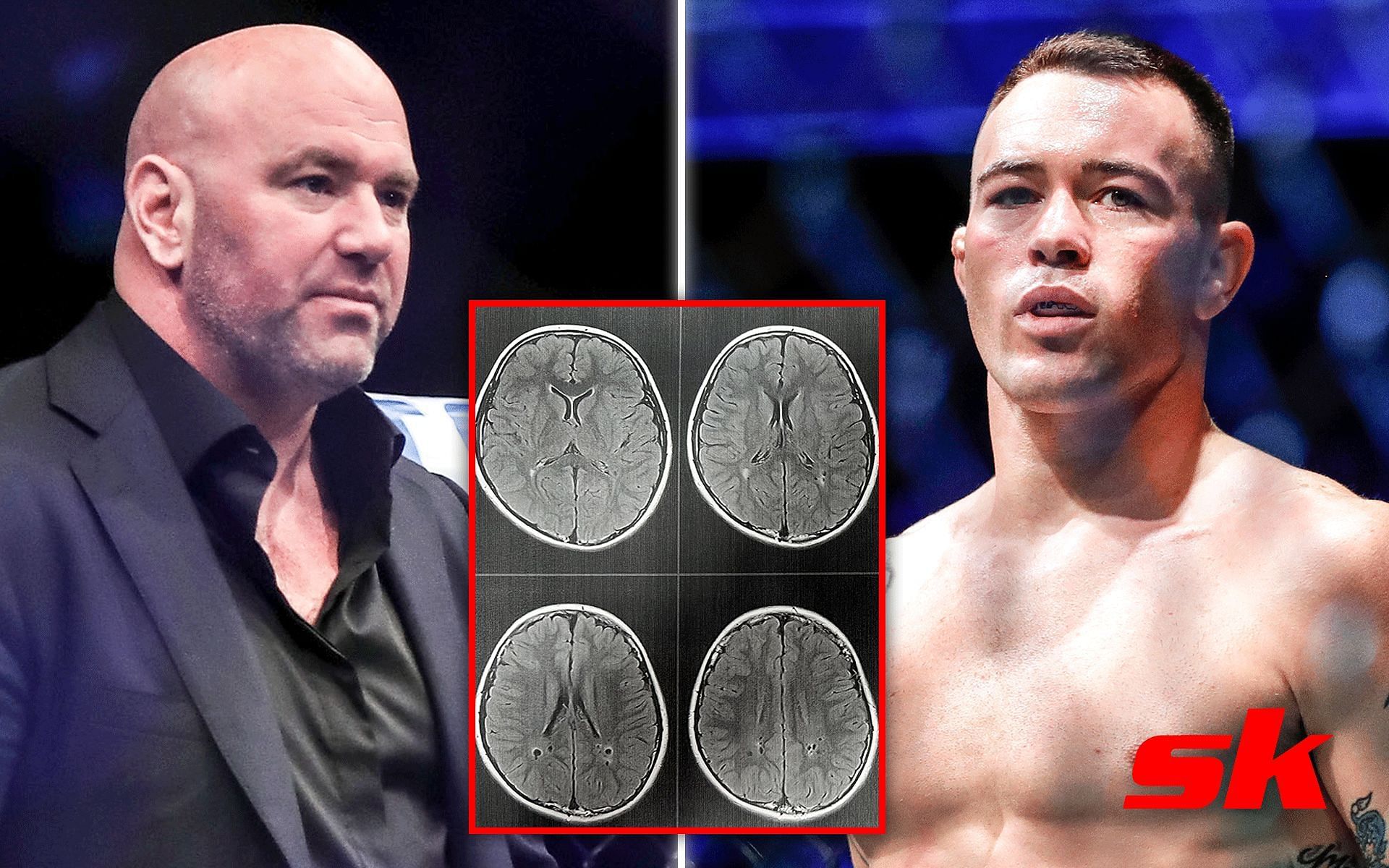
Can UFC get sued if Jorge Masvidal is right about Colby Covington's brain injury? Sports lawyer comments
Colby Covington's alleged brain injury could have certain legal implications, as per Miami-based sports injury litigation specialist Brad Sohn.
Covington was sucker-punched by Jorge Masvidal outside a Miami restaurant last year, barely two weeks removed from their UFC 272 clash. 'Chaos' subsequently filed a lawsuit against Masvidal, citing an abrasion to the wrist, damage to his Rolex watch and a brain injury.
'Gamebred' recently raised questions about Covington's alleged brain injury while denying any wrongdoing. According to Masvidal, the UFC could get sued if 'Chaos' really competes with a brain injury. The 38-year-old said ahead of his UFC 287 clash against Gilbert Burns:
“The UFC is gonna get sued if that guy goes in there and something like that happens, right?"
Catch Masvidal's comments below:
Brad Sohn, upon being contacted by Bloody Elbow, stated that the UFC won't be liable in any way based on MRI reports as they don't rule out all brain injuries. However, the promotion certainly stands a chance of getting sued if they simply allow Colby Covington to compete with a known brain injury.
Sohn told Bloody Elbow:
“I don’t see inherent liability on UFC related to an MRI per se. But MRI or not, they could still be sued. If the UFC is simply putting a fighter out there who has a known brain injury, then yes, that’s a huge legal problem, at least from the standpoint that the UFC could be sued. And again, the MRI isn’t dispositive."
Brad Sohn suggests defense for the UFC in potential Colby Covington brain injury lawsuit
Brad Sohn explained that MRI reports are inconclusive as they can only rule-in and not rule-out brain injuries. Hence, a potential lawsuit against the UFC regarding Colby Covington's brain injury will most likely be ruled by subjectivity.
Sohn listed several lines of argument that the UFC could potentially use in its defense. He added:
"That’s not to say the UFC couldn’t defend themselves by: Pointing to prior injuries that they didn’t cause and/or by pointing to the fact that he has demonstrated a knowing acceptance of the risk of brain injury regardless of whether they caused something or not. For that matter, pointing to compliance with state athletic commission rules about MRI might still be a compelling jury argument even with the flaws I’ve pointed out. And there are many more defenses they’d have along these lines."

